One Hour With You (1932)
By Toronto Film Society on May 30, 2020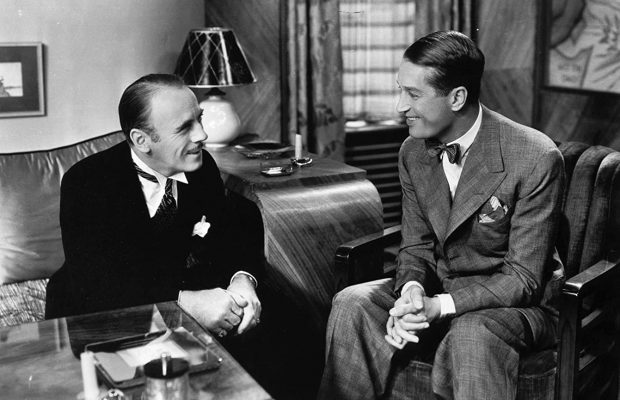
Toronto Film Society presented One Hour With You (1932) on Sunday, February 3, 1985 in a double bill with People Will Talk as part of the Season 37 Sunday Afternoon Film Buffs Series “B”, Programme 7.
Production Company: Paramount. Producer: Ernst Lubitsch. Director: Ernst Lubitsch/George Cukor. Dialogue Director: George Cukor. Screenplay: Samson Raphaelson, from the play Nur ein Traum (Only A Dream) by Lother Schmidt. Photography: Victor Milner. Art Director: Hans Dreier. Costumes: Travis Banton. Music: Oskar Straus, Richard Whiting. Lyrics: Leo Robin. Editor: William Shea.
Cast: Maurice Chevalier (Dr. Andre Berthier), Jeanette MacDonald (Colette Berthier), Genevieve Tobin (Mitzi Olivier), Roland Young (Prof. Clivier), Charlie Ruggles (Adolphe), George Barbier (Police Commissioner), Josephine Dunn (Mlle Marel), Richard Carle (Detective), Charles Judels (Policeman), Barbara Leonard (Mitzi’s maid), Florine McKinney (Girl), Donald Novis (Singer), Charles Coleman (Marcel), Eric Wilton (Butler).
When Ernst Lubitsch came to America, he realized that his success would depend on making typically American films, primarily based on money or sex. As the title suggest, the latter element provided the basis for this remake of the very successful silent film The Marriage Circle (1924). Lubitsch is generally credited with having brought a continental flavour and a sexy sophistication to Hollywood films, and One Hour With You presents all of the suggestive farce and racy frivolity which led to Llubitsch being called the “boudoir diplomat”. In his own defense, the director claimed: “I let the audience use their imagination. Can I hope it if they misconstrue my suggestions?”
Although obviously imbued with the famous “Lubitsch touch”, One Hour With You has been the source of controversy about the role of George Cukor. Depending on whom you believe (and Cukor has even contradicted himself), Lubitsch was forced by prior commitments to have Cukor direct part (or most) of the film. Cukor, feeling entitled to “co-director”, was forced to accept credit as “dialogue director” by Paramount in an out-of-court settlement which left him free to join RKO Studios.
Lubitsch introduced a new form of sophisticated comedy by using the operetta form, mixing spoken and sung verse with witty dialogue and asides to the audience to form a mischievous satire of human weaknesses. Part of the Lubitsch touch involved a fascination with objects, filmed in detail as a counterpoint to the development of the characters’ emotions. The bow-tie scene and the place-card shuffle in One Hour With You best reveal this characteristic attention to detail. As does the musical score by Oskar Straus which is timed and themed to every gesture and situation. The title song is reprised thematically to reveal the various pairings of the characters with typically Lubitsch subtle irony.
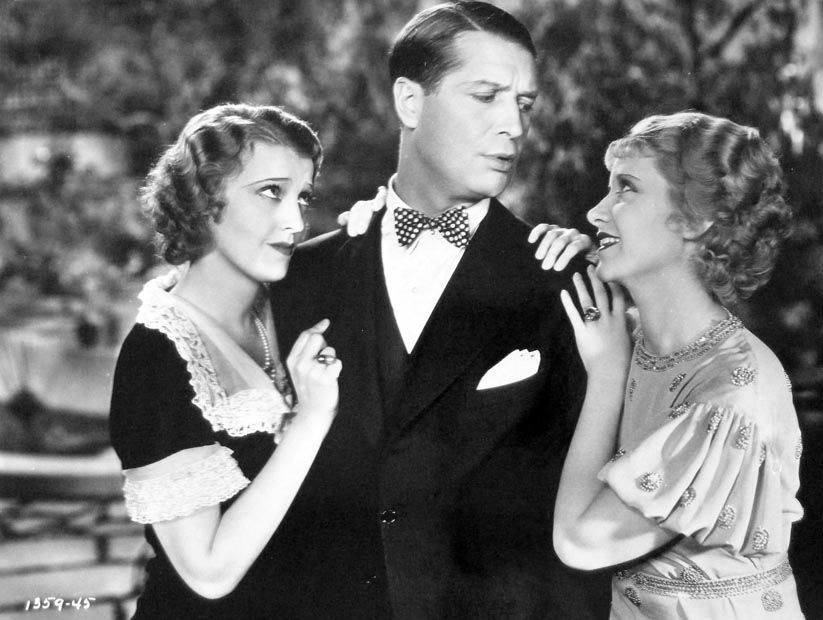
In the casting of Chevalier and MacDonald (the Florence Vidor and Monte Blue roles of the silent version), Lubitsch continued the happy formula of the previous hit The Love Parade (1929) and this combination of bawdiness and coyness added the sparkle that engaged the audience. Jeanette MacDonald, who credited Lubitsch with developing her screen personality, felt that he “could suggest more with a closed door than all the hay-rolling you see openly on the screen nowadays, and yet he never offended”. The teaming of the “Iron Butterfly” with Maurice Chevalier, although later troubled due to “star-ego” problems, was completely successful in this film, in part due to the blend of MacDonald’s engaging charm with Chevalier’s suggestive sang-froid. Lubitsch admired the debonair actor’s talent for making “even the most scabrous situation acceptable”. Genevieve Tobin (in the role for which Lubitsch originally wanted Kay Francis) proved her comedic talents as the saucy, naughty Mitzi and was thought to almost steal the picture from MacDonald. The two male foils to Chevalier, Charlie Ruggles and Roland Young, provide just the right amount of humourous counterpoint to the sophisticated and suave Chevalier: Ruggles as the hilariously inept would-be lover and Young as the cheated husband.
As an example of Lubitsch’s musical comedies “of immortal facetiousness” (David Shipman, The Great Movie Stars), One Hour With You displays all of the elements of the superb style of the man who, according to Jean Renoir, “invented the modern Hollywood”. Lubitsch’s inimitable invention (“I’ve been to Paris, France and I’ve been to Paris, Paramount. I think I prefer Paris, Paramount…”) was to be an influence on many directors, among them J.L. Mankiewicz, who said, “He went head and shoulders above everyone in the field of sophisticated high comedy”.
Notes by Geraldine V. Koohtow
You may also like...
-
News

Frances Blau
Toronto Film Society | February 27, 2024On Monday, February 26th, 2024, Toronto Film Society lost longtime friend, supporter, and board member Frances Blau. Known for her sense of humour, her love of film, her generosity,...
-
Special Events

The Ladykillers (1955) at the Paradise Theatre
Toronto Film Society | March 9, 2024Toronto Film Society presents Targets (1968) at the Paradise Theatre on Sunday, April 7, 2024 at 2:30 p.m. Ealing Studios arguably reached its peak with this wonderfully hilarious and...
Programming

Virtual Saturday Night at the Movies
Toronto Film Society | April 11, 2024Toronto Film Society is back in the theatre! However, we’re still pleased to continue to bring you films straight to your home! Beginning Season 73 until now we have...
4-
 Toronto Film Society | March 9, 2024
Toronto Film Society | March 9, 2024
-
 Toronto Film Society | November 6, 2022
Toronto Film Society | November 6, 2022
-
 Toronto Film Society | August 1, 2023
Toronto Film Society | August 1, 2023
Donate to Toronto Film Society – We’re now a Registered Charity!
-
Copyright © 2017 Toronto Film Society.

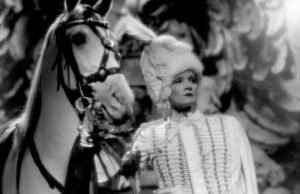
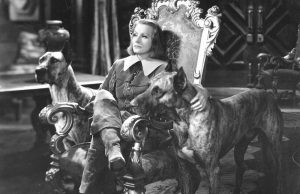
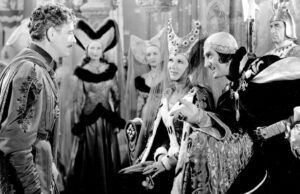
Leave a Reply